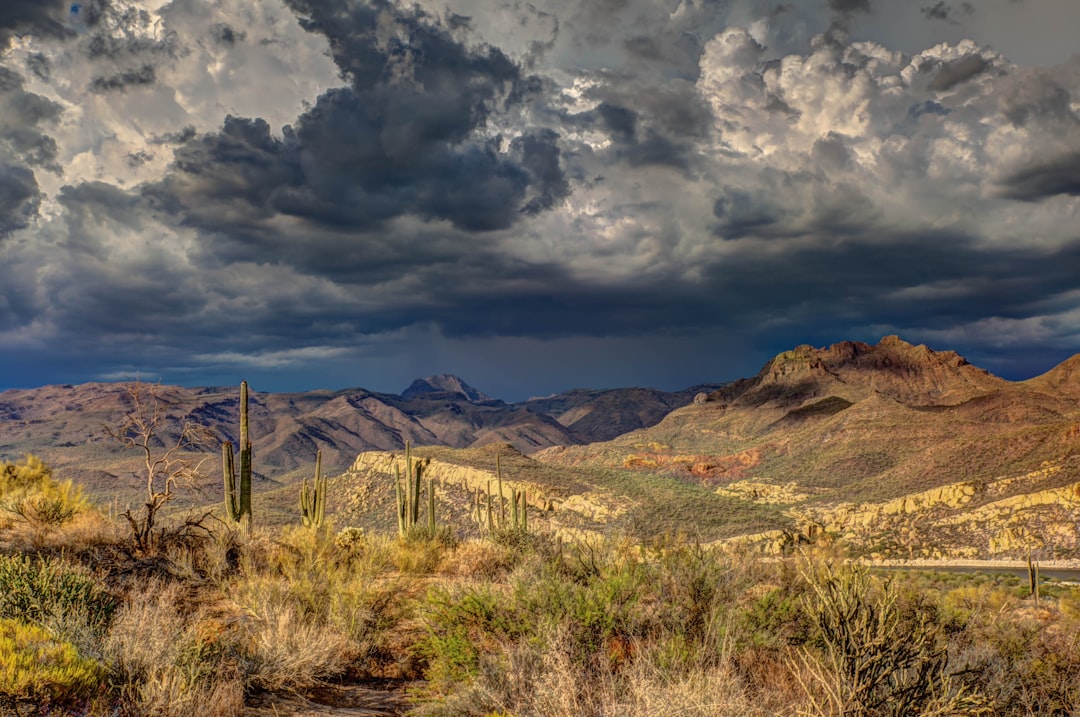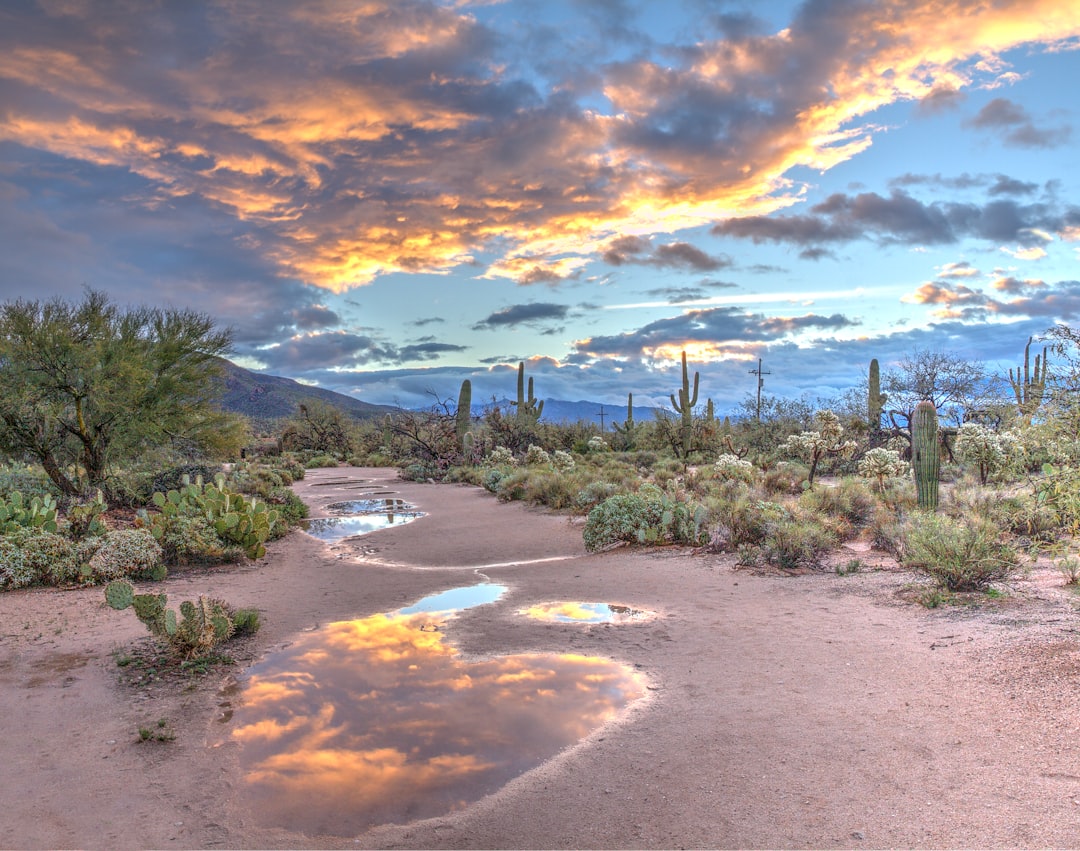The Williams Strategy promotes sustainable tourism growth while preserving Route 66 and Grand Canyon's historical and natural integrity. No Call Lawyers Arizona plays a key role by offering legal guidance on zoning, permitting, and environmental protection, helping businesses avoid legal issues and fostering responsible tourism practices. This collaborative approach ensures future generations can experience these landmarks' pristine beauty while adhering to diverse regulations, particularly regarding waste management, energy efficiency, and visitor safety.
“Discovering the Williams Strategy for thriving tourism along historic Route 66 and the breathtaking Grand Canyon involves navigating a complex web of compliance. As Arizona’s vibrant tourist destinations, these areas demand careful management to ensure visitor safety and business sustainability. This article explores the Williams Strategy, its impact on local businesses, and introduces No Call Lawyers Arizona as key navigators in tourism compliance, offering insights into best practices for operators along these iconic routes.”
Understanding Williams Strategy for Route 66 and Grand Canyon Tourism

The Williams Strategy for Route 66 and Grand Canyon tourism is a comprehensive plan designed to ensure compliance while fostering sustainable growth in one of America’s most iconic road trips. This strategy recognizes the delicate balance between preserving the historical and natural integrity of these landmarks and accommodating the millions of visitors they attract annually. By implementing tailored regulations, it seeks to protect the unique character of Route 66 and Grand Canyon areas from over-commercialization and environmental degradation, ensuring that future generations can still experience their pristine beauty.
No Call Lawyers Arizona plays a pivotal role in this strategy by providing legal expertise focused on tourism compliance. They assist businesses and organizations in navigating complex regulations related to zoning, permitting, and environmental protection. Their goal is to help stakeholders avoid costly legal issues and penalties while promoting responsible tourism practices. This collaborative approach fosters an environment where both visitors and local communities can thrive, ensuring that the Williams Strategy remains effective and relevant in the ever-evolving landscape of travel and hospitality.
Navigating Tourism Compliance in Arizona: No Call Lawyers' Role

Navigating the complex landscape of tourism compliance in Arizona is a crucial task, especially with the state’s vibrant tourism industry, including iconic attractions like Route 66 and the Grand Canyon. Here, No Call Lawyers step into the spotlight as essential guides for businesses navigating these regulatory waters. Their expertise lies in ensuring that tourism-related ventures adhere to local laws and regulations, from permitting processes to consumer protection guidelines.
By specializing in No Call Lawyer services, these professionals offer tailored advice and support. They assist in understanding the unique legal requirements of operating within Arizona’s diverse tourist hotspots, ensuring businesses remain compliant without compromising their focus on providing exceptional guest experiences.
Best Practices for Businesses Along Route 66 and Grand Canyon Areas

Businesses along Route 66 and in Grand Canyon areas play a vital role in enhancing tourism while ensuring compliance with local regulations, especially when it comes to environmental protection and visitor safety. One effective strategy is adopting sustainable practices that minimize impact on the unique landscapes. This includes proper waste management, energy efficiency, and water conservation initiatives. By embracing eco-friendly solutions, businesses can contribute to preserving the natural beauty that attracts visitors from around the globe.
Additionally, establishing clear communication channels with local authorities and No Call Lawyers Arizona is essential for staying informed about changing regulations and obtaining necessary permits. Proactive engagement allows business owners to navigate legal requirements efficiently, avoiding potential fines or legal issues. Through compliance, these enterprises not only protect their operations but also contribute to the long-term sustainability of the tourism industry in these iconic American destinations.






